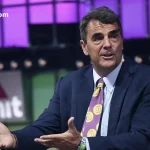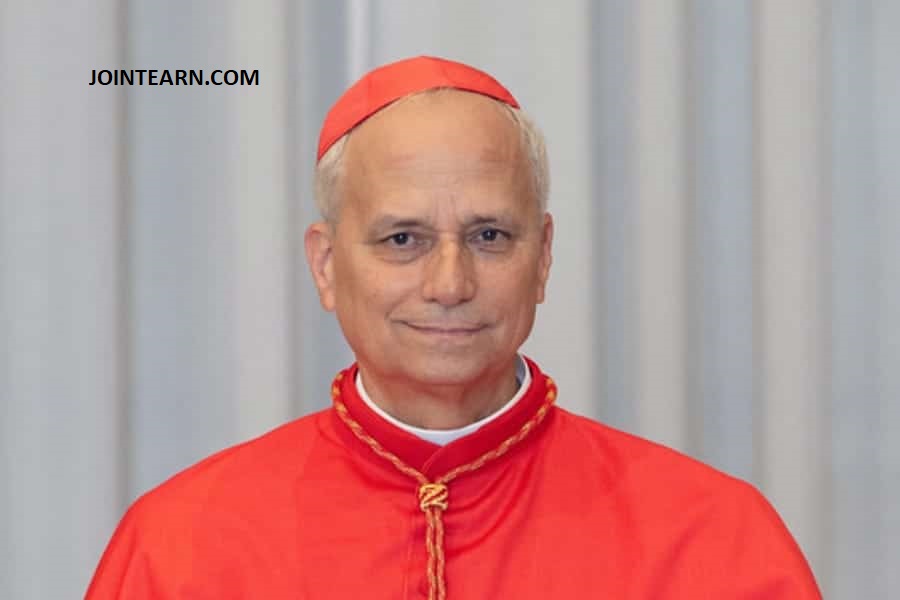The Independent National Electoral Commission (INEC) has disclosed that preparations are underway to resume the Continuous Voter Registration (CVR) exercise across the country ahead of the 2027 general elections.
This revelation was made on Monday by INEC Chairman, Professor Mahmood Yakubu, during a meeting with representatives of civil society organizations (CSOs) at the Commission’s headquarters in Abuja. The engagement forms part of the Commission’s broader consultations with stakeholders in preparation for the upcoming electoral cycle.
According to Professor Yakubu, the voter registration exercise will resume in earnest once key logistical and operational structures are finalized. He assured Nigerians that the Commission is committed to ensuring that every eligible citizen has the opportunity to register and participate in the democratic process.
“We Will Leave No One Behind”
“We are mindful of the importance of early planning, and that is why the Commission is taking proactive steps to resume the Continuous Voter Registration ahead of the 2027 General Election,” Professor Yakubu stated.
He reiterated INEC’s commitment to inclusivity, adding that provisions would be made to reach historically underserved communities, including hard-to-reach rural areas, persons with disabilities, and internally displaced persons (IDPs).
“The CVR exercise will not only be nationwide, but it will also be tailored to address the challenges faced by various groups. Our goal is to ensure that no eligible Nigerian is left behind,” he said.
Learning from 2023 Elections
Reflecting on lessons from the 2023 general elections, Professor Yakubu admitted that while the Commission made significant progress, there were areas that required improvement. He acknowledged the challenges faced with the deployment of technology, particularly the Bimodal Voter Accreditation System (BVAS) and the INEC Result Viewing Portal (IReV).
“We have reviewed the 2023 elections and identified both the strengths and weaknesses in the process. We are determined to strengthen our systems, enhance transparency, and deliver better outcomes in 2027,” he said.
He added that INEC would work closely with development partners, civil society groups, and the media to enhance voter education, tackle misinformation, and boost public confidence in the electoral process.
Engagement with Stakeholders
The meeting with civil society organizations is the first in a series of planned stakeholder engagements that INEC intends to hold in the lead-up to 2027. Professor Yakubu emphasized the critical role CSOs play in voter mobilization, election monitoring, and advocating electoral reforms.
He called on the organizations to intensify awareness campaigns and help counter voter apathy, particularly among young Nigerians, many of whom will be eligible to vote for the first time in 2027.
“We cannot do it alone. The support of CSOs in driving civic awareness and encouraging citizens to register and participate is invaluable,” Yakubu added.
In response, several civil society representatives expressed their willingness to partner with INEC and applauded the Commission for initiating early consultations. They emphasized the need for a more accessible and decentralized registration process, especially for rural dwellers.
Focus on Technological Improvements
Addressing questions about the reliability of electoral technologies, Professor Yakubu said INEC is already in discussions with relevant stakeholders and tech partners to upgrade the Commission’s technological infrastructure.
“We are committed to ensuring the security and efficiency of our electoral technologies. Improvements are being made to the BVAS and IReV platforms to prevent the kind of delays and glitches experienced in 2023,” he noted.
He also mentioned that INEC will embark on a nationwide review of its polling units, with a view to addressing overcrowding, accessibility challenges, and the creation of new units in high-density areas.
Timeline and Structure
While a specific date for the resumption of the Continuous Voter Registration has not been announced, INEC assured that details, including the timeline, registration centers, and requirements, will be released after consultations with relevant authorities and stakeholders, including the National Assembly and the Federal Executive Council.
Professor Yakubu further hinted that the registration will likely be conducted in phases, starting with state offices and eventually extending to ward levels. Mobile registration centers may also be deployed to reach remote communities.
Youth and First-Time Voters in Focus
With projections indicating that millions of Nigerians will attain voting age before 2027, INEC is placing special emphasis on first-time voters. The Commission said it will launch a targeted media campaign, leveraging both traditional and digital platforms, to encourage youth participation.
“Young Nigerians are the backbone of our democracy. We are designing campaigns and initiatives that speak directly to them, especially those who will be voting for the first time in 2027,” said Yakubu.
He added that the Commission is also collaborating with tertiary institutions and student bodies to create campus-based registration centers and forums for political education.
Conclusion
As Nigeria moves steadily toward the 2027 general elections, the resumption of the Continuous Voter Registration exercise is a major step in deepening democratic participation and ensuring credible electoral outcomes. With INEC’s renewed commitment and early engagement of stakeholders, expectations are high for a more transparent, inclusive, and technologically robust electoral process.
INEC has urged citizens to remain informed, actively participate in civic education activities, and prepare to register once the exercise begins. The Commission has also pledged to provide regular updates on the process and address concerns as they arise.









